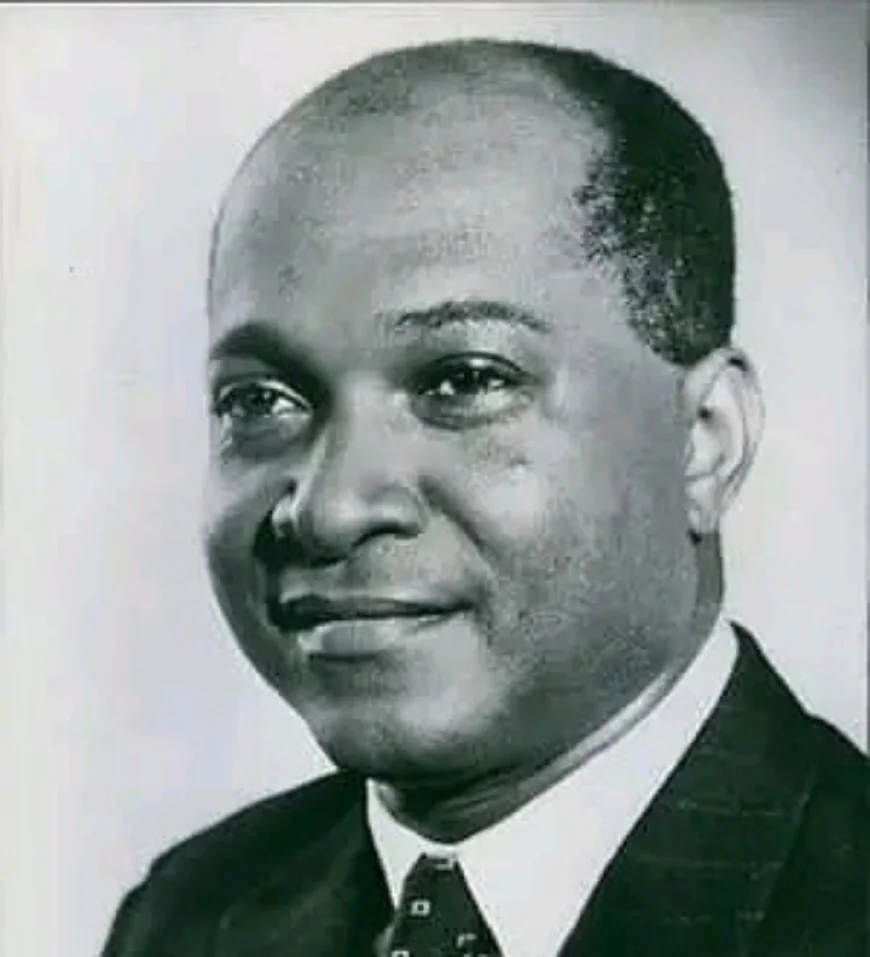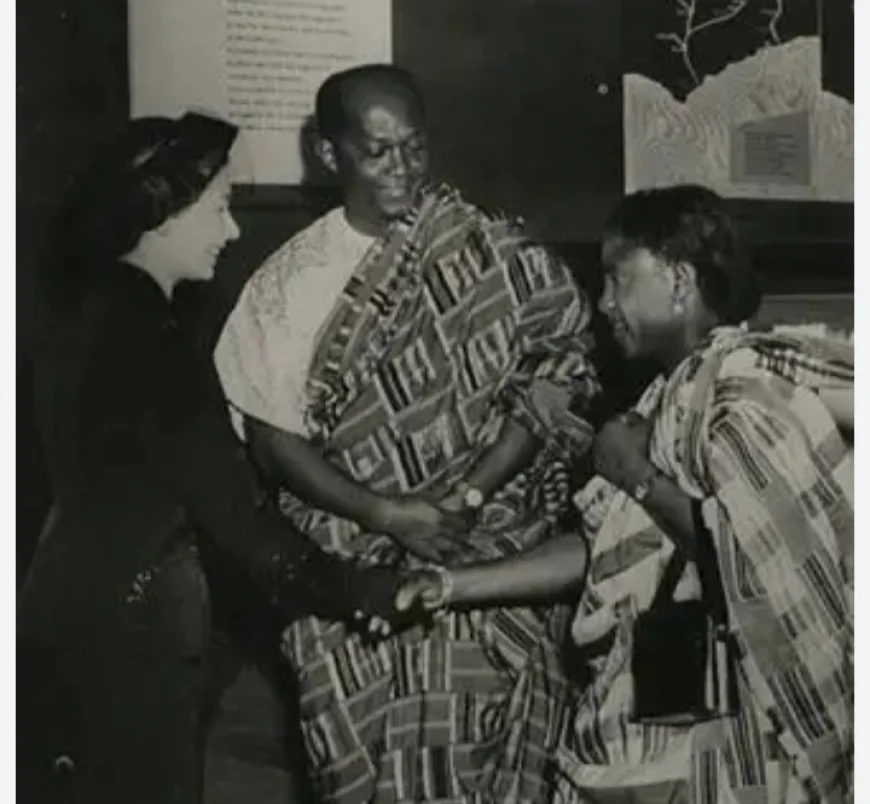Remembering Komla Agbeli Gbedemah: Ghana’s Forgotten Political Architect, Born 112 Years Ago Today
112 years since his birth, Komla Agbeli Gbedemah—finance minister, strategist, and nationalist—remains a towering yet often overlooked figure in Ghana’s fight for independence and postcolonial development.

oday marks 112 years since the birth of Komla Agbeli Gbedemah, the bold and brilliant political tactician whose vision and actions helped shape Ghana’s journey to independence and beyond. Often remembered by the affectionate moniker “Afro Gbede,” Gbedemah’s legacy is a blend of intellect, courage, and political foresight.
From Warri to West Africa’s Political Frontlines
Born on June 17, 1913, in Warri, Nigeria, where his father worked as a colonial pharmacist, Gbedemah’s early life spanned the colonial landscapes of Warri, Keta, Cape Coast, and Accra. His upbringing exposed him to the contradictions of British West African rule—an experience that fueled his fierce pan-Africanism and drive for justice.
Educator, Entrepreneur, Editor
A product of Achimota School (then Prince of Wales College), Gbedemah's initial aspiration was to become a doctor—a dream deferred due to financial constraints. Instead, he channeled his talents into education, journalism, and entrepreneurship, teaching at Accra Academy, writing for the Times of West Africa, and founding successful timber and construction businesses.
Strategist Behind the CPP and Nkrumah’s Rise

When Kwame Nkrumah arrived in 1947 to join the United Gold Coast Convention (UGCC), it was Gbedemah who welcomed and later co-founded the Convention People's Party (CPP) with him. As vice-chairman, he became Nkrumah’s chief strategist, using platforms like the Accra Evening News to shape public opinion and mobilize grassroots support.
His 1950 arrest for publishing “false news” only bolstered his revolutionary credentials. A masterstroke came in 1951 when Gbedemah secretly registered Nkrumah to run in Accra Central, outmaneuvering colonial censors and catapulting both men into electoral prominence.
Ghana’s First African Finance Minister
Gbedemah made history again as Ghana’s first African Minister of Finance. He launched the Ghana Pound Sterling and laid the groundwork for the Volta River Project—one of the continent’s most ambitious development undertakings. Between 1952 and 1961, he was a regular figure in international diplomacy, championing African interests at global financial tables.
Fall from Power and Fight for Civil Rule
Despite his early contributions, Gbedemah’s political relationship with Nkrumah soured in 1961. After being forced out, he returned to prominence following Nkrumah's overthrow in 1966. Leading the National Alliance of Liberals, he won 29 parliamentary seats in 1969, only to be blocked from serving under controversial constitutional clauses.
In the 1970s, he helped found the Popular Movement for Freedom and Justice (PMFJ), advocating for democracy and rule of law. Among his colleagues was a young Nana Addo Dankwa Akufo-Addo, who served as PMFJ’s secretary.
A Legacy Demanding Recognition
Gbedemah died on July 11, 1998, at age 85. But his influence on Ghana’s statehood—from electoral breakthroughs and economic policy to postcolonial governance—endures. His life was not one of the shadows but of substance, strategy, and unwavering service.
As the nation reflects on this milestone, it is time to move Gbedemah from the footnotes to the headlines of Ghana’s history. Afro Gbede was not just a builder of bridges and budgets—he was a builder of nations.


